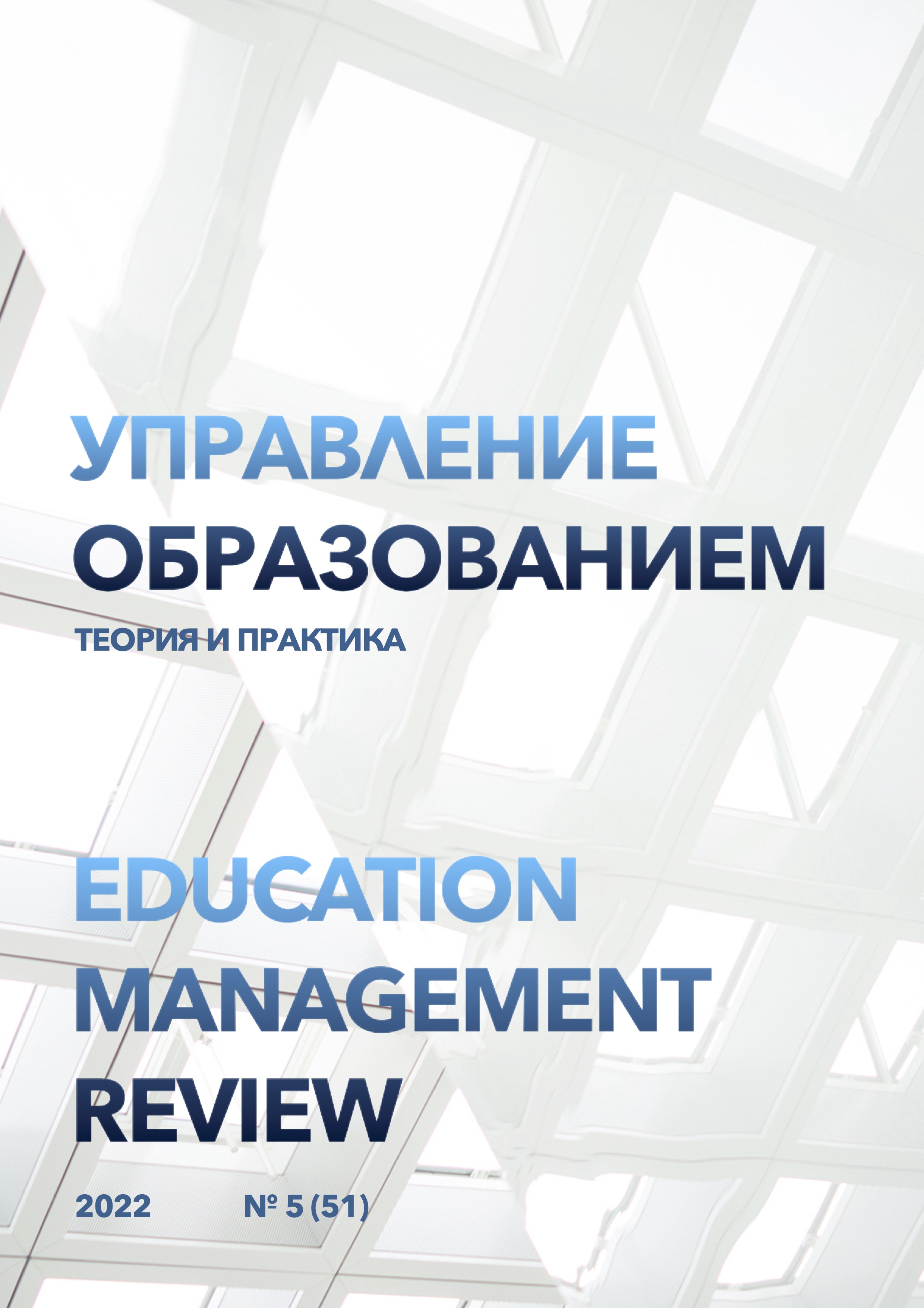The direct method of teaching a foreign language
DOI:
https://doi.org/10.25726/t5684-9645-5853-lKeywords:
teaching methods, foreign language, direct method, oral speech skillsAbstract
This article is dedicated to the use of a direct method of teaching a foreign language. The article discusses the general characteristics of the direct method in the study of a foreign language. English language teachers should competently approach the choice of the most effective method to be used in their work. An erroneous choice of the teaching method may contradict the learning goals. The theoretical analysis allows us to open up new prospects for the use of the direct method in the process of teaching English. The way the method is interpreted and manipulated appropriately can not only improve the quality of teaching and learning process, but also affect the results or achievements of students. The use of the direct method in teaching English occurs not only in the oral aspect, but also in writing, especially in teaching language skills such as spoken language and grammatical aspect.
References
Артемов В.А. Психология обучения иностранным языкам. М.: Просвещение, 1969. 464 с.
Сидорова Е.С. Активные методы обучения на уроках иностранного языка // Актуальные вопросы современной педагогики: материалы II Междунар. науч. конф. (г. Уфа, июль 2012 г.). Уфа: Лето, 2012.
Latief, M.A. Research Methods on Language Learning / M.A. Latief - Malang: UM Press, 2013.
Meyer, C.F. English Corpus Linguistic / C.F. Meyer. - Cambridge: Cambridge University Press, 2003
Palmer H. English Through Actions / H.Palmer, D.Palmer.– London: Longman Green, 1959.
Richards, J.C. Approaches and Methods in Language Teaching / J.C. Richards, T.S. Rodgers. - Cambridge: Cambridge University Press, 2003.
Silberman, M. Active Learnng 101 Strategi Pembelajaran Aktif / M. Silberman. - Yogyakarta: Yappendis, 2001.
Schweers C. 1999. Using L1 in the L2 classroom / C.William Schweers // English Tea




